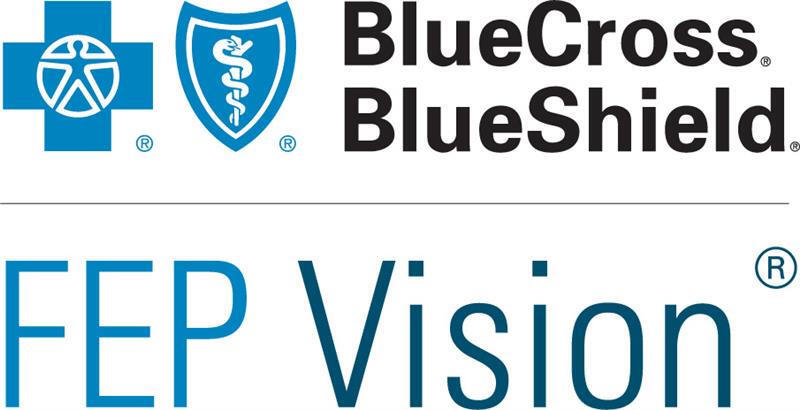Dear Sgt. Shaft:
On Saturday, July 20, at 7 p.m., my 18-year-old son accidentally plowed into me while I was standing at the top of a two-stair entrance with a wooden floor in my house. I landed, fracturing both lower bones of my left leg, including shoving the larger bone away from the knee bone. ... I was first taken to Fair Oaks Hospital, then transported (4 hours later) to Fairfax Hospital.
At about 5:30 a.m. Sunday, July 21, the junior orthopedic doctor said my leg needed surgery, but that we needed to wait 10 days for the swelling to go down. He wrapped my leg in cotton and then cast it in a large cast. I was sent home by car.
In some future time, I would like to inform hospital personnel about giving family members a bit more info on patient care and also providing the correct medical equipment when they are sent home.
The next day, the surgeon handling my case called and asked how I was doing. I told him I was in a lot of pain. We talked about the cast, and he told me to come right back in and he would fix me up with a nuts-and-bolts thing. The next morning, I had surgery and I woke up to this metal bar, nuts-and-bolt contraption that keeps my leg from bending and doesn’t hurt like the cast did. About 2½ days later with PT training on how to get around with the proper wheeled walker that I did not have before and how to hop up or down a step to get inside my home, I was ready to leave.
With a family member at my side for safety, I waited for the swelling to go down. I got TRICARE approval for the surgery from July 22 in the mail. (TRICARE is the health care program serving uniformed service members, retirees and their families worldwide.)
Yesterday, on Aug. 1, the office of the surgeon called and said TRICARE did not approve the surgery. They were told that I was supposed to get a referral through my doctor’s office beforehand. I did not know of this. I was in pain and a bit loopy from pain meds. They did not require this of the first surgery, which was the first I can remember ever having.
My husband called to establish an emergency referral. He had to bring paperwork to the doctor (8:30 a.m. Aug. 1) and we still have not heard from TRICARE. The surgery has been rescheduled for 9 a.m. Wednesday, Aug. 7.
Thank you for your time.
Debbie J.
Burke VA
Dear Debbie:
I referred your TRICARE issue to Jim Schwartz, TRICARE for Life Priority benefits administrator, and he assured me that he would resolve this bureaucratic mess.
Shaft notes
• In response to President Obama’s Executive Order, the Departments of Defense (DoD) and Veterans Affairs (VA) highlighted recently the establishment of two joint research consortia, at a combined investment of $107 million to research the diagnosis and treatment of post-traumatic stress disorder (PTSD) and mild traumatic brain injury (mTBI) over a five-year period.
“VA is proud to join with its partners in the federal government and the academic community to support the president’s vision and invest in research that could lead to innovative, new treatments for TBI and PTSD,” Secretary of Veterans Affairs Eric K. Shinseki said. “We must do all we can to deliver the high-quality care our Service members and Veterans have earned and deserve.”
The Consortium to Alleviate PTSD (CAP), a collaborative effort between the University Of Texas Health Science Center — San Antonio, San Antonio Military Medical Center, and the Boston VA Medical Center will attempt to develop the most effective diagnostic, prognostic, novel treatment and rehabilitative strategies to treat acute PTSD and prevent chronic PTSD.
The Chronic Effects of Neurotrauma Consortium (CENC), a collaborative effort between Virginia Commonwealth University, the Uniformed Services University of the Health Sciences and the Richmond VA Medical Center will examine the factors that influence the chronic effects of mTBI and common co-morbidities in order to improve diagnostic and treatment options. A key point will be to further the understanding of the relationship between mTBI and neurodegenerative disease.
Since Sept. 11, 2001, more than 2.5 million American service members have been deployed to Iraq and Afghanistan. Military service exposes service members to a variety of stressors, including risk to life, exposure to death, injury, sustained threat of injury and the day-to-day family stress inherent in all phases of the military life cycle.
To improve prevention, diagnosis and treatment of mental health conditions, the president released an Executive Order directing the federal agencies to develop a coordinated National Research Action Plan.
The Department of Defense, Department of Veterans Affairs, the Department of Health and Human Services (HHS), and the Department of Education (ED) came forward with a wide-reaching plan to improve scientific understanding, effective treatment and reduce occurrences of Post-Traumatic Stress Disorder, Traumatic Brain Injury, co-occurring conditions and suicide.
• The Department of Veterans Affairs (VA) recently welcomed the National Association of State Directors of Veterans Affairs (NASDVA) to the Fully Developed Claims (FDC) Community of Practice (CoP), which was established in May to speed the processing of veterans’ disability compensation claims by promoting the early submission of all available evidence needed by VA to reach a disability rating decision.
NASDVA joins Veteran Service Organizations, the American Legion and Disabled American Veterans, who are charter members of the community.
“We’re thrilled NASDVA is part of the effort to increase the number of veterans filing fully developed claims so that earned benefits can be delivered faster,” Under Secretary for Benefits Allison A. Hickey said. “State Veterans Affairs offices help many thousands of veterans across the country each year to get the benefits they deserve, and their support is critical in meeting our goal of processing all claims within 125 days in 2015.”
• Send letters to Sgt. Shaft, c/o John Fales, P.O. Box 65900, Washington, D.C. 20035-5900; fax 301/622-3330, call 202/257-5446 or email sgtshaft@bavf.org.












